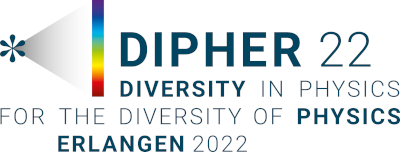Speaker
Description
On February 11, 2021 UNESCO premiered a short video entitled “to be smart, the digital revolution will need to be inclusive." The clip marked the 2021 International Day of Women and Girls in Science and was triggered by the organization’s report on gender in science for that year. Major findings were that despite a shortage of skills in technological fields women still account for only 28% of engineering graduates and 40% of graduates in computer science and informatics. UNESCO’s recommendation is that we need to transform gender relations by eliminating gender stereotypes in education and in the work place. “We need to ensure that men and women enjoy equal opportunity and equal pay.” I argue that this is not enough. Based on my research on the history of radioactivity and nuclear physics I suggest that instead of trying to alter the social aspects of women’s work in physics it is time to focus on how we can transform physics and make the discipline more diverse and inclusive.

